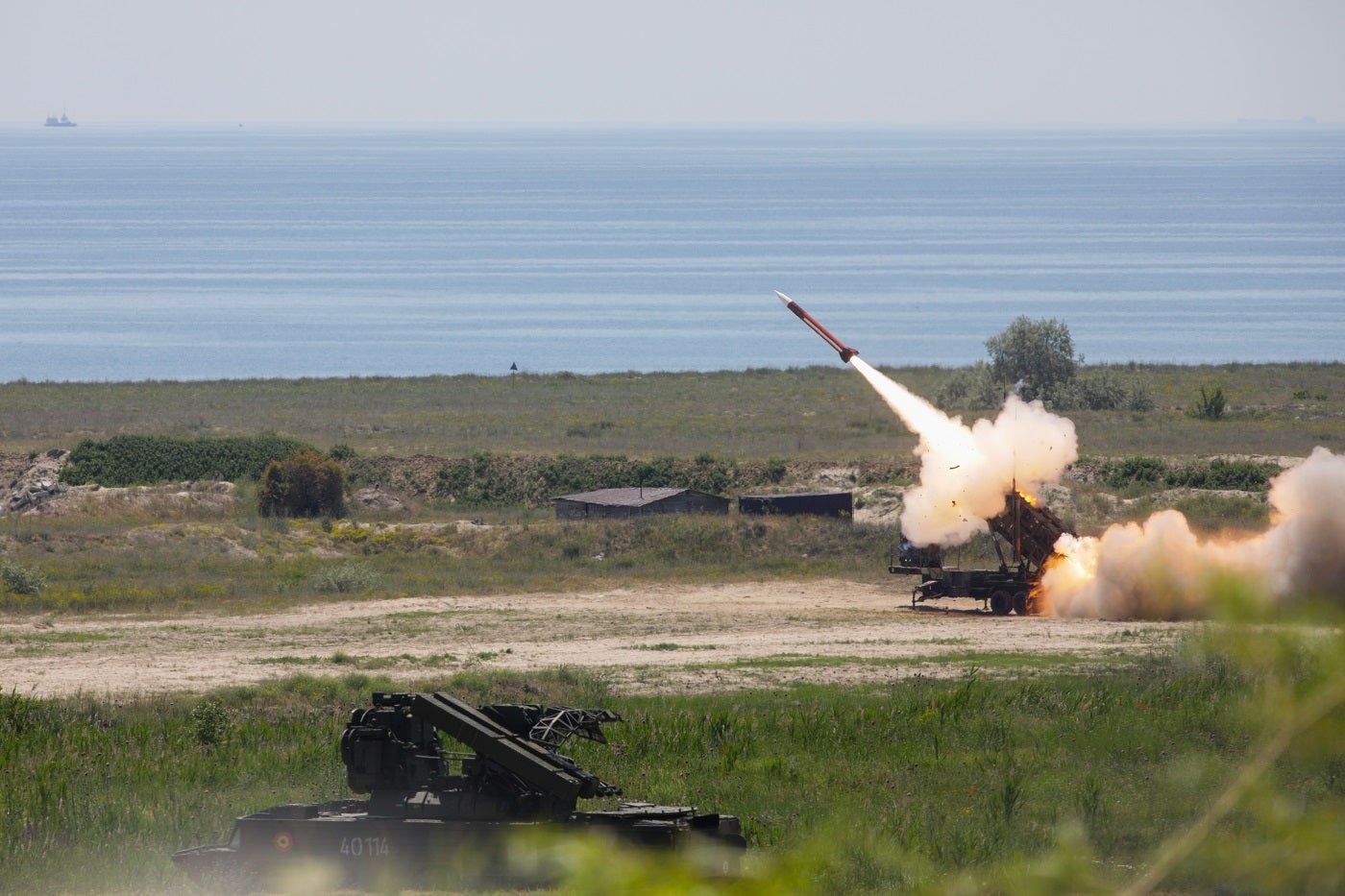
The global missiles and missile defence systems (MDS) market is projected to experience substantial growth in the coming decade, reaching a value of $67.5bn by 2033.
According to GlobalData’s “The Global Missiles & Missile Defense Systems Market Forecast 2023-2033,” the market is expected to register a compound annual grwoth rate (CAGR) of 4.1%. The report highlights the dominance of the platform based MDS segment and the regional distribution of market share, with Europe leading the sector.
Platform based MDS segment expected to dominate the market
Several factors drive this outlook, including increased defence spending and the evolving threat landscape. GlobalData’s comprehensive market analysis, “The Global Missiles & Missile Defense Systems Market Forecast 2023-2033,” provides valuable insights into the market’s growth potential and key trends.
James Marques, aerospace, defence, and security analyst at GlobalData, claimed: “The use of long-range cruise missiles, in particular by both sides in the Ukraine war, in different use cases demonstrates the massive value of long-range precision striking power.
“It’s vital to any major military effort. Alongside Ukraine, the distances involved in the South China Sea and tensions in that part of the world make missiles important there too.”
According to the report, the market is anticipated to grow at a CAGR of 4.1%, from $45.2bn in 2023 to $67.5bn in 2033. The cumulative market expenditure on missiles and missile defence systems is valued at $655.2bn over the forecast period.
The market comprises nine categories, including strategic land-attack missiles, conventional land-attack missiles, anti-tank guided missile (ATGM), anti-ship missile (AShM), anti-radiation missiles, anti-air missiles, platform based MDS, MANPAD, and missile based close-in weapon system (CIWS).
Among these categories, the platform based MDS segment is expected to dominate the market, accounting for 39.6% of the overall share. The anti-air missiles segment follows closely with a 24.6% share.
Geographically, Europe is projected to lead the sector with a substantial market share of 30.8%. Asia-Pacific and North America are also expected to play significant roles, accounting for 28.9% and 25.8% of the market, respectively.
Analysing the leading segments within countries, the United States tops North America with anti-air missiles, strategic land-attack missiles, and conventional land-attack missiles as the most prominent segments.
Some noticeable deals to come out of the US in the last month include the US and allies awarding Raytheon $1.15bn for the latest AMRAAM missiles and the US approving the sale of 48 Patriot batteries to Poland in a $15bn deal.
Countries strengthening their missile defence capabilities
In the Asia-Pacific region, China leads with platform based MDS, strategic land-attack missiles, and anti-radiation missiles. India follows suit with platform based MDS, strategic land-attack missiles, and conventional land-attack missiles. South Korea showcases its dominance with platform based MDS, anti-air missiles, and AShM.
South Korea recently tested its new long-range surface-to-air missile (L-SAM) interceptor, which almost doubles the US Patriot’s intercept altitude, on 30 May.
Other key countries contributing significantly to the market include Russia, Germany, Poland, Brazil, Saudi Arabia, and Israel, each with its leading segments based on value. Last month, Germany acquired Arrow 3 Exoatmospheric Hypersonic Anti-ballistic Missile for a total of €4.3bn from Israel Aerospace Industries.
The report also provides valuable insights into the future subsectors and countries expected to drive market growth. Over the forecast period, the missiles subsector is projected to exhibit a CAGR of 4.2%, while the missile defence subsector is expected to grow at a CAGR of 3.9%. The cumulative expenditure on both subsectors is anticipated to reach $67.5bn by 2033.
Countries are strengthening their missile defence capabilities as the world continues to navigate a complex geopolitical landscape. With the platform based MDS segment taking the lead and Europe dominating the market, industry players have opportunities to capitalize on this upward trajectory.




